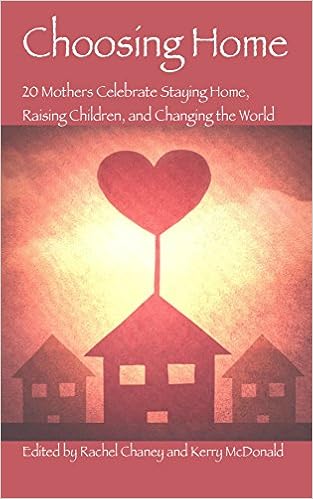I have been thinking a lot lately about this question.
To me, it gets to the heart of the discussion on what approach is most worthwhile in educating young people.
We are taught, or at least I was taught both as an education minor at college and a graduate student at Harvard, that education and schooling are synonymous. After all, the thinking goes, how could one possibly be educated without being schooled?
Lots of ways, actually. See unschooling, democratic education, and community resource centers to name three.
But one of the reasons, I think, why education and schooling have become so closely linked is that we have come to view the period of childhood and adolescence as a training ground for getting into college, getting a good job, getting good money, to buy good things. It's really about consumption, about contributing to the GDP, rather than cultivating one's talents and living a personally fulfilling life, whatever that may be for each individual.
Our current American schooling system was created, based on the nineteenth century Prussian model, to train factory workers. The bells, the grades, the gold stars, the hierarchy, the conformity--all of it was designed with the specific intention of creating a compliant workforce to make products for consumption. Have things really changed all that much? As John Taylor Gatto writes in his fascinating book, Dumbing Us Down: The Hidden Curriculum of Compulsory Schooling: "Schools are intended to produce, through the application of formulas, formulaic human beings whose behavior can be predicted and controlled." (p. 23)
But don't we need educated citizens to make our democracy run, to allow people to have good jobs and a good life? Yes, we need educated citizens. But not necessarily schooled ones. In the introduction to Gatto's book, author David Albert cites U.S. Department of Labor statistics showing which occupations are most ubiquitous in America today. He writes: "The job that is held by the largest number of individuals, as well as the occupation that has shown the greatest growth in the past 30 years, is that of Wal-Mart clerk. Second is McDonald's burger flipper. Third is Burger King flipper. And close behind? Elementary school teacher." (p. xxi)
Is this really the crowning achievement of American schooling? Jobs and consumption? Are there not more fulfilling ways that people would choose to live and work if only they were given the opportunity, if only they were aided in producing more than consuming, in unveiling their true talents and finding a place for them in a global community? Given the vast and seemingly insurmountable challenges our planet now faces, we desperately need to embrace a new paradigm of learning.
Several years ago at a dinner party, a woman who was baffled about our decision not to school our children asked: "Don't you care about outcomes?" "Yes," I replied, "the outcomes I care about are that my children have the freedom to pursue their own learning, follow their interests, reveal their gifts, show care and compassion toward others, and live a fulfilling life that hopefully contributes to society's greater good." She responded that specific, measurable outcomes for her kids were most important to her. "It might as well be Ivy League or jail," she said, only half-flippantly.
The all-out, debt-laden quest for college and consumption may be damaging on many levels, but especially for children who are schooled to believe that there are no alternatives, who are schooled to believe that only going to a good college and getting a good job are the keys to a good life. As Radical Homemakers author, Shannon Hayes, writes in her essay, Without a diploma, does the Scarecrow have a brain?:
"I happen to believe that if we are to rebuild a sustainable society, then we need more people to step outside the parameters of conventional employment and instead begin small businesses that operate within a life-serving economy, where everyone is able to earn a living wage, where ecological resources are sustained, where community life is vibrant, and where relationships are easily nurtured."
Our current schooling system is antiquated and obsolete. It doesn't need to be reformed. It needs to be transformed, transcended. We need to let go of the notion of schooling--something done to someone--and instead embrace learning--something humans naturally do. Only then will we have educated citizens with the agency and skills to live a good life and preserve a good planet.
























No comments:
Post a Comment
Note: Only a member of this blog may post a comment.